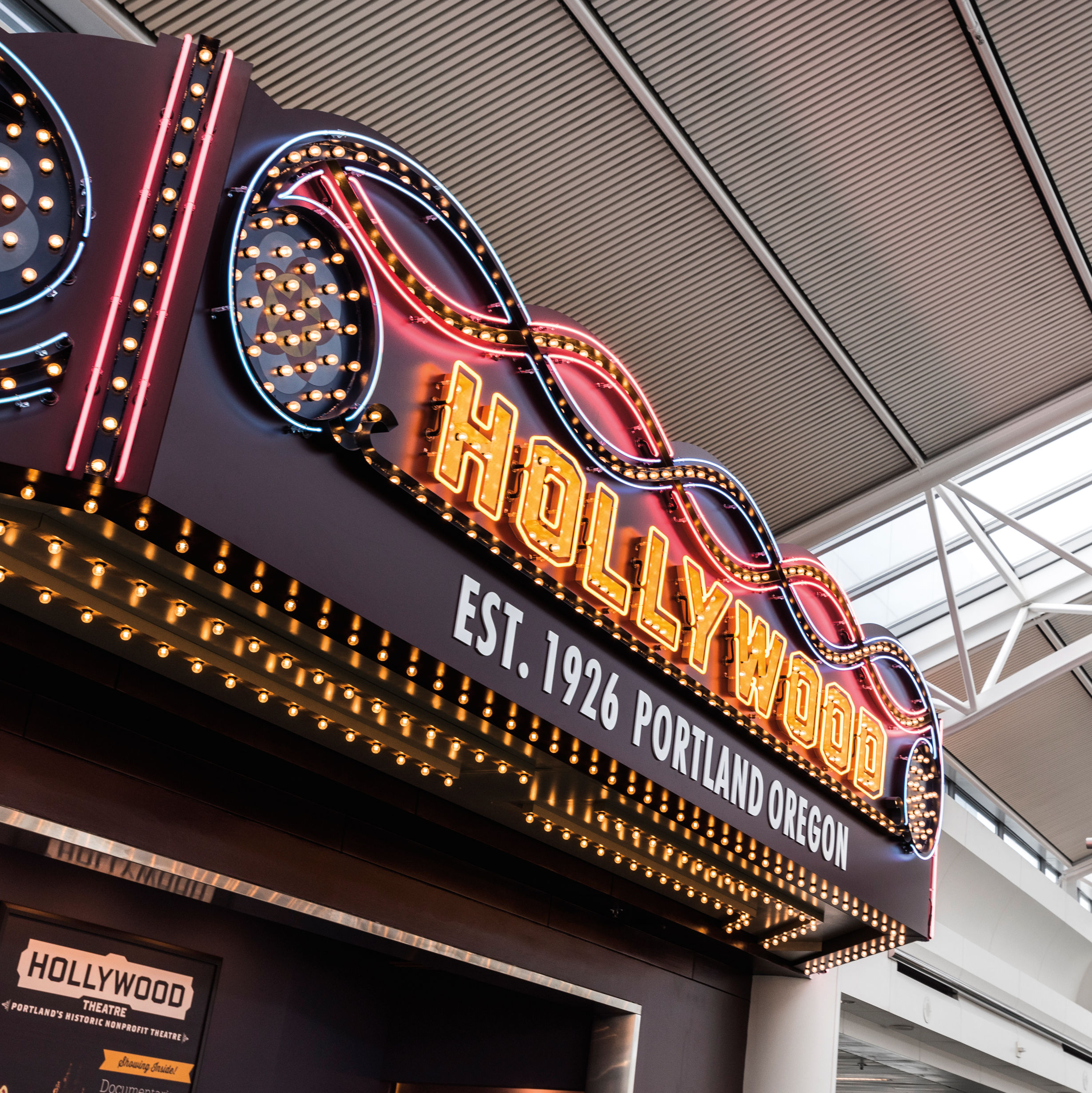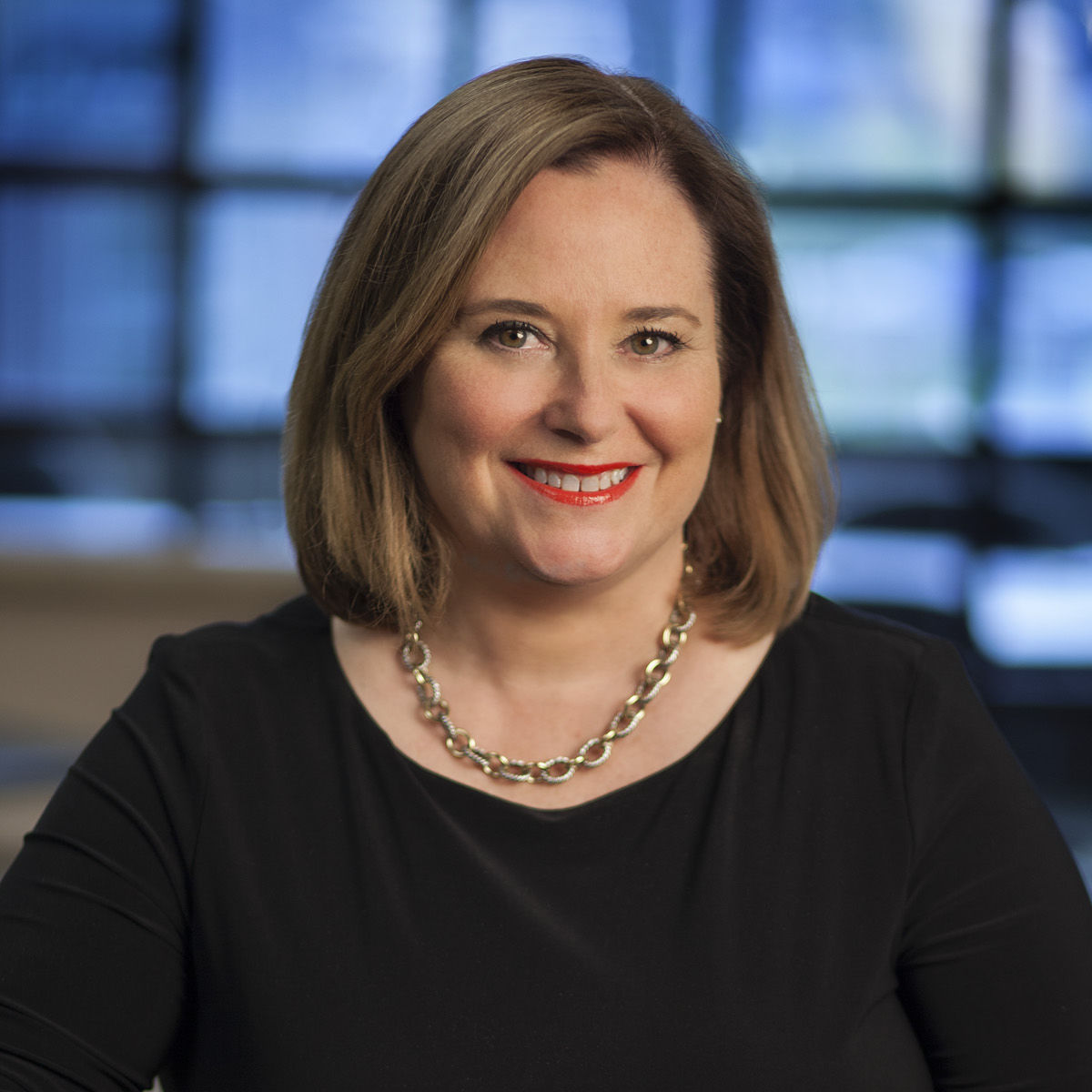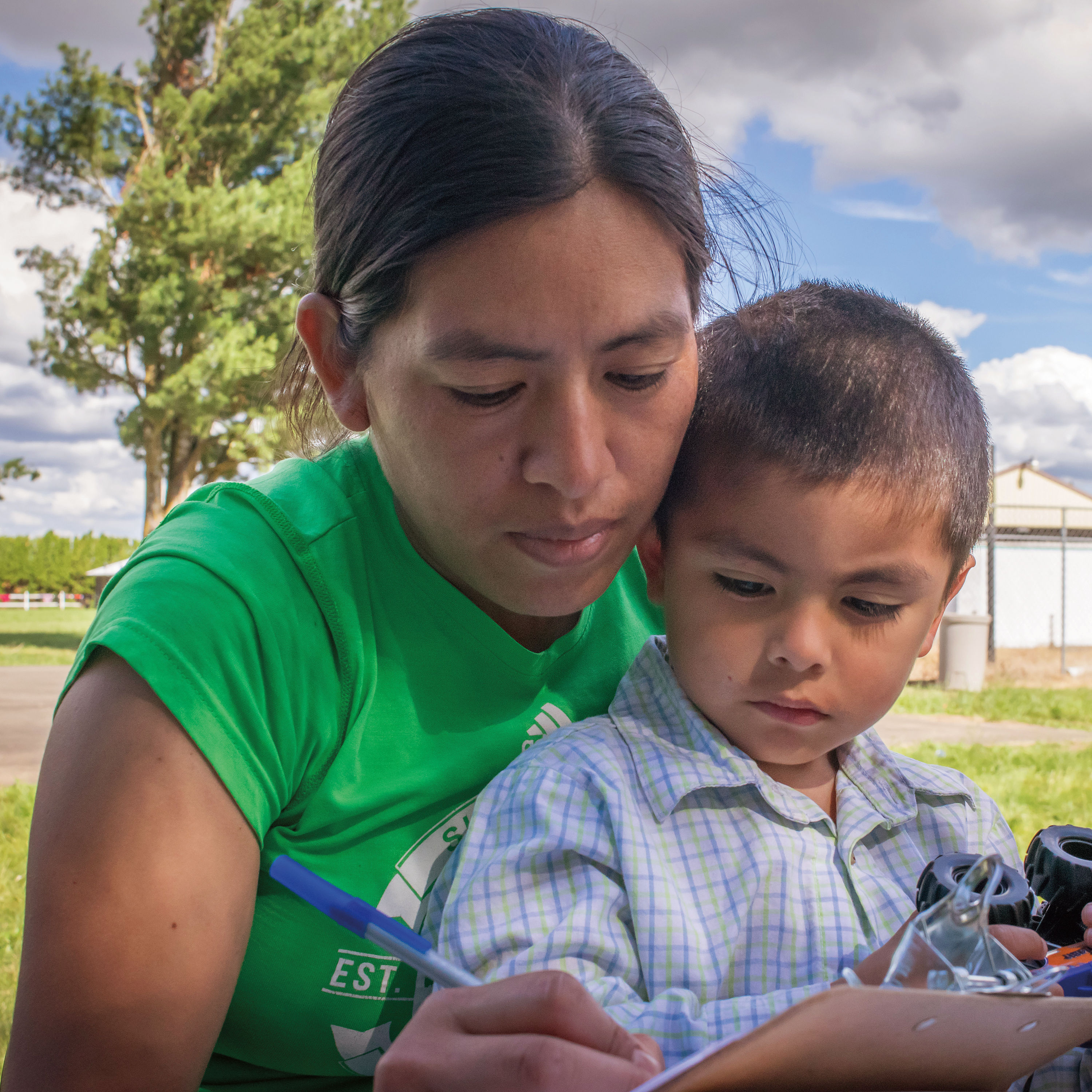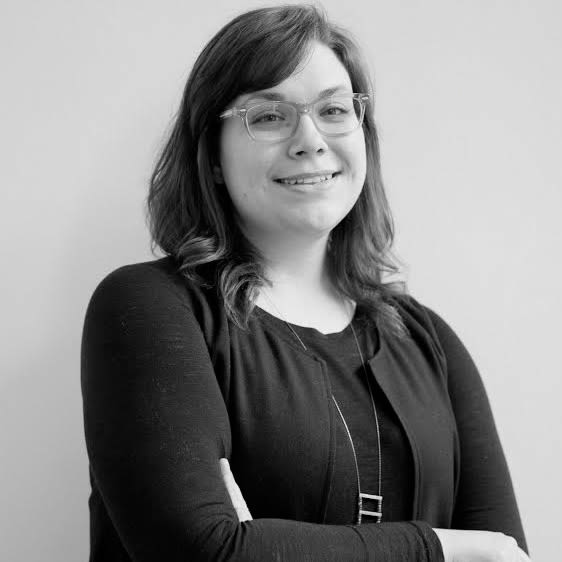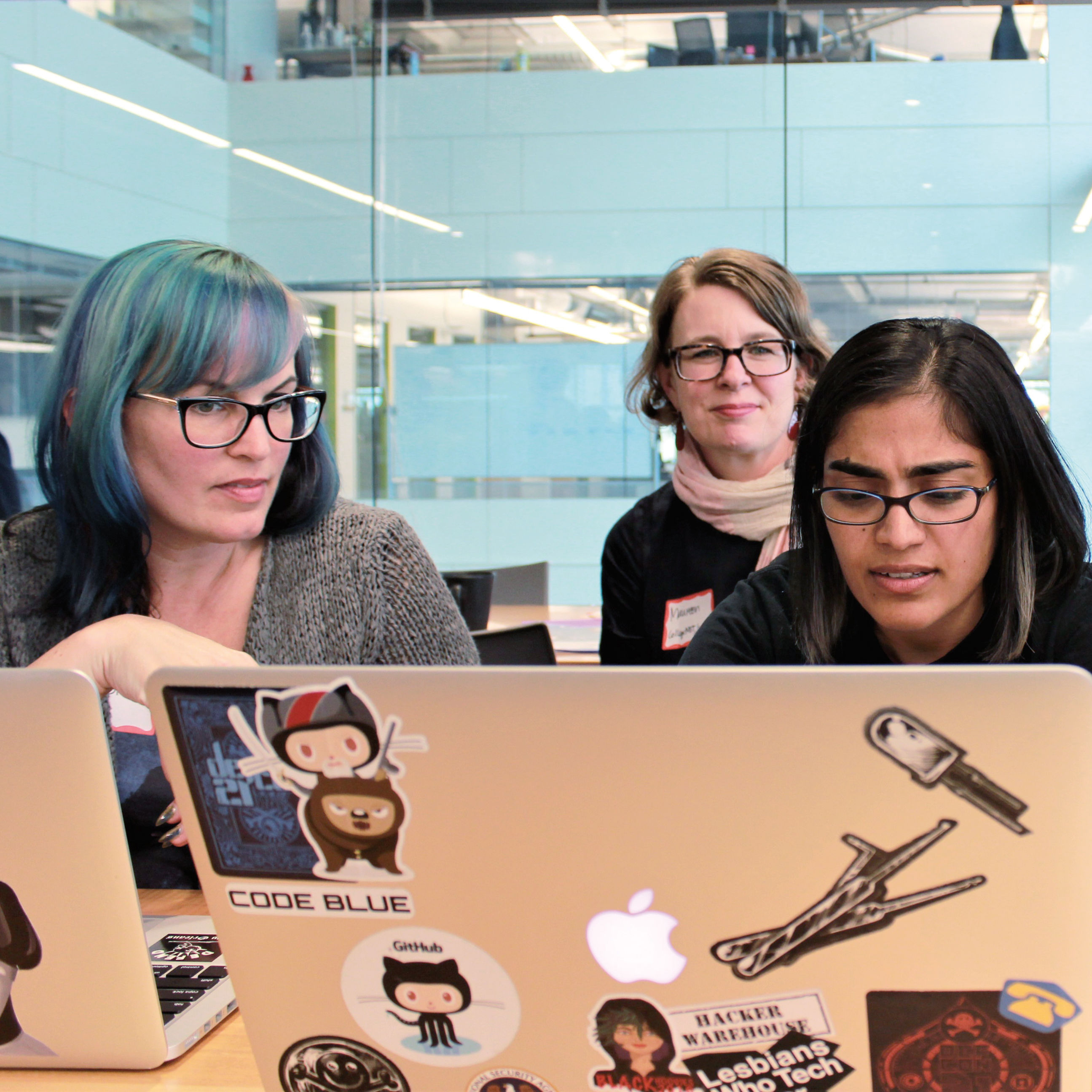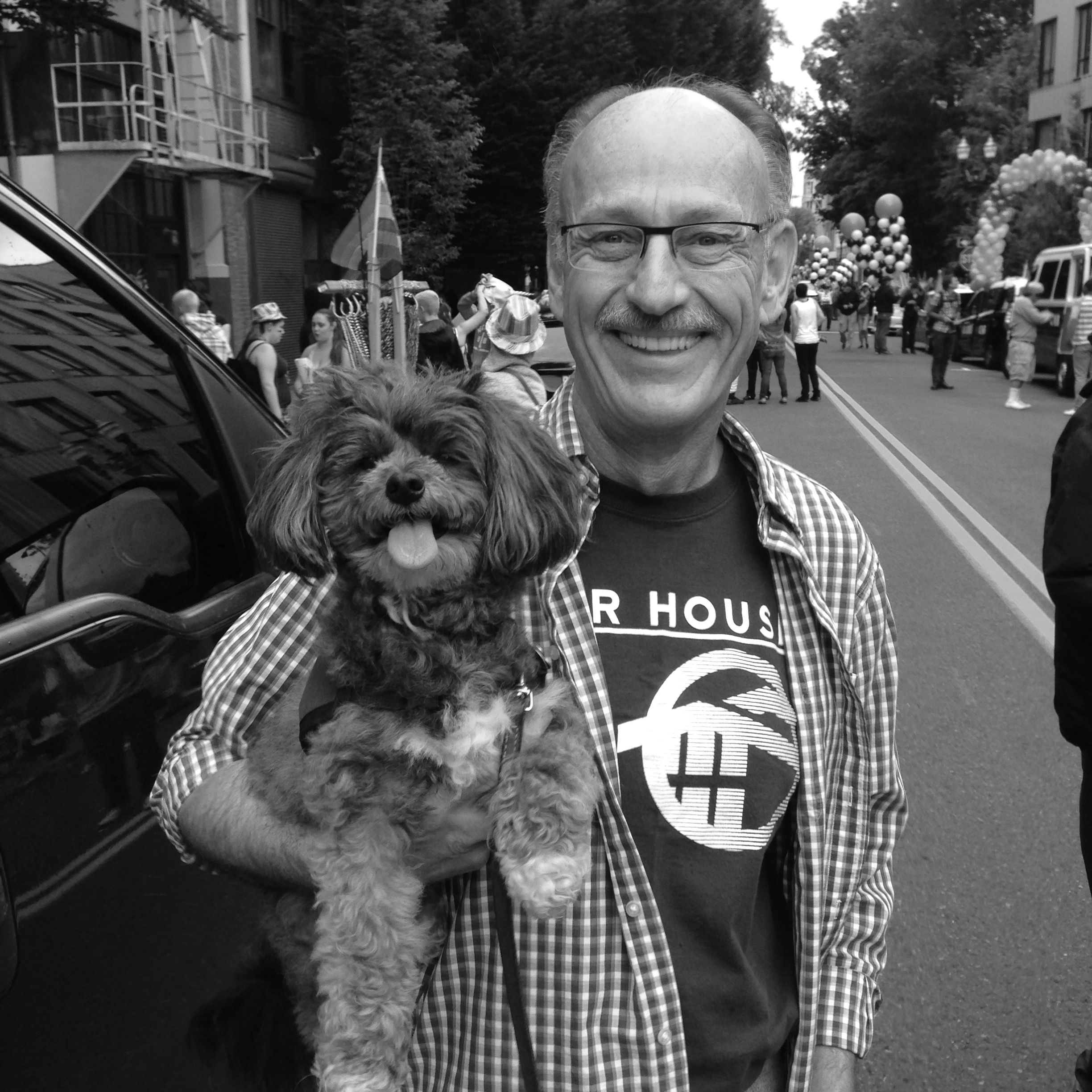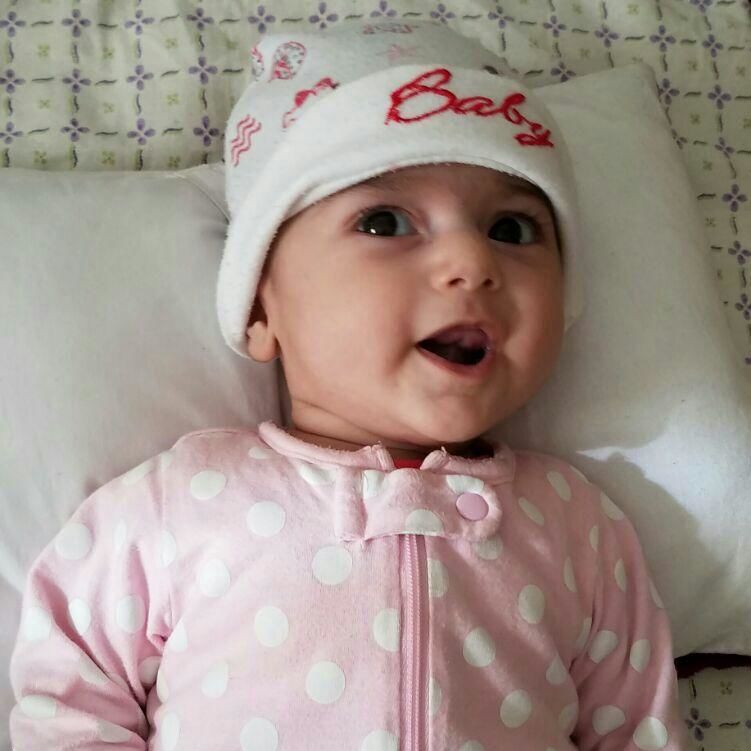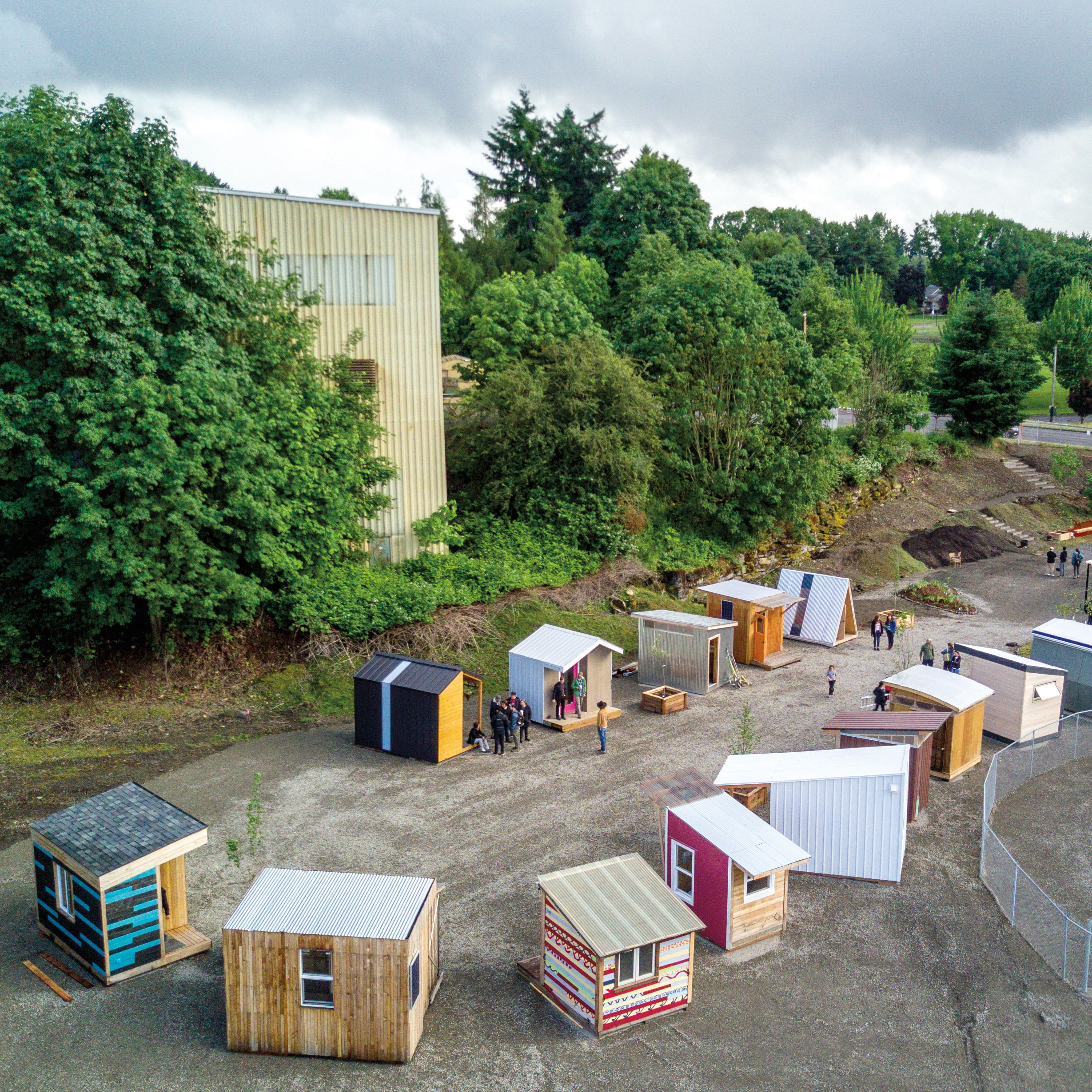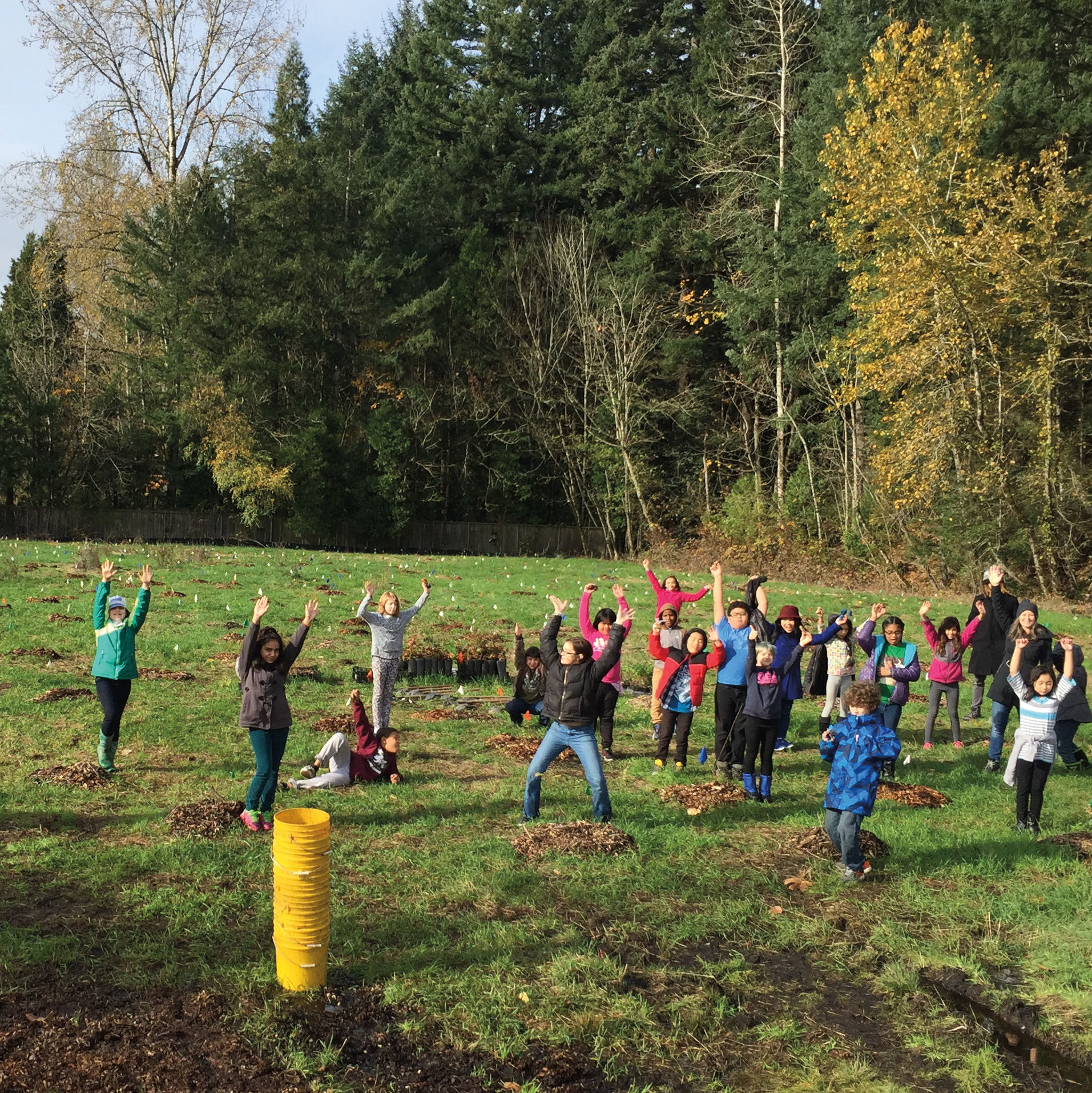How Antoinette Edwards Takes Care of Portland's At-Risk Youth
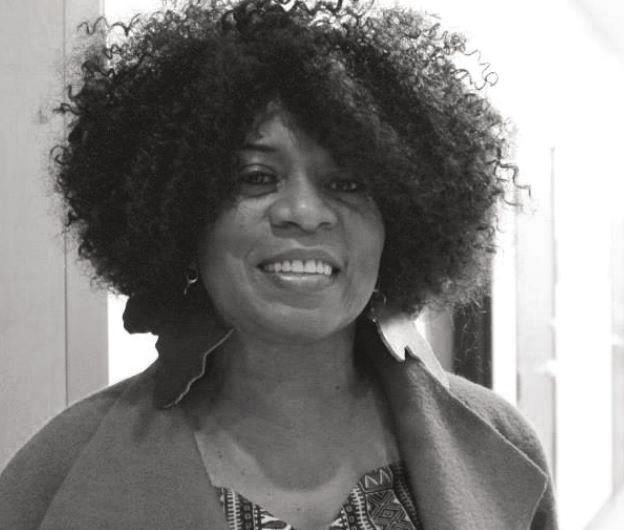
Image: Courtesy Antoinette Edwards
Antoinette Edwards believes in people. Like the mother whose 9-year-old son was shot 11 times in their own apartment, for whom she’s helping raise funds for medical bills. Like the 42-year-old gang member who brought a shooting victim to the hospital—despite the fact that the injured party was from an opposing gang. Like the child of a drug-addicted mother who goes home to find a window broken and everybody gone.
“You don’t give up on people,” she says softly. “You don’t give up on people.”
Giving up simply wouldn’t cross her mind. The 65-year-old director of Portland’s Office of Youth Violence Prevention has spent more than 40 years showing up for whoever needs her, and she’s not done yet—not while there’s still work to do.
“A lot of people are hurting, and connecting with them is not the issue,” she says. “[It’s about] providing a sense of security and support and doing that in a meaningful way, not just with words.”
Born in segregated Alabama, Edwards migrated to Portland with her grandparents at the age of 7. Besides raising five children here, she and her husband have opened their home to countless “community kids,” regardless of where they came from, their gang affiliations, their sexuality—including an escaped Ugandan refugee fearing persecution for being gay, whom Edwards also calls her son.
Her résumé includes a stint as parent coordinator at Self Enhancement Inc. There, she founded the Sisters Reflecting Beauty group that’s still going to this day—“I’m feminist!” she explains with a grin. She spent several years as a family intervention specialist with Multnomah County, a job that once included hosting an intervention in her own home with a gang family. She was the first diversity and volunteer services director of the Oregon Trail Chapter of the American Red Cross. In 2010, former mayor Sam Adams recruited her to become the director of public safety and peacekeeping for the City of Portland, a position she held until she took on her current role with the Office of Youth Violence Prevention. As the mother of a gay son, she founded PFLAG’s Portland Black Chapter (now called Sankofa Collective NW). “The first black PFLAG in the nation,” she says proudly. “That felt really good.”
The work varies. The underlying needs are universal. “If you need a food basket,” she says, “if you need someone to advocate for you, if you’re in a domestic violence situation, it’s about finding a safe space and not judging.”
She smiles as she boils down what she does for people to one simple phrase: “just walking with them.”
How She Helps
O’Nesha Cochran (now a peer recovery mentor) and wife LaKeesha Dumas (who now works for Multnomah County) recount Antoinette Edwards’s role in their lives.
When we met Antoinette we were homeless. I had just gotten out of prison. My wife and I were a few months clean from drugs but we had nowhere to stay. We’d joined Narcotics Anonymous and had lots of support for staying clean, but as a black lesbian couple we continued to face dilemmas and racism that our straight friends didn’t even know existed. LaKeesha knew Khalil, Antoinette’s son, who was the lead organizer for a support group for black LGBTQ folks [PFLAG], and we joined the group. Antoinette was always there, supporting all of us.
I felt some shame and embarrassment when I first met Antoinette because she was always so perfectly groomed and well put together. Her clothes, shoes, and bags were flawless, and her hair was on point. We were homeless recovering drug addicts, but Antoinette never made us feel “less than.” First time I met her she gave me a big hug and told me how beautiful I was. I spoke at the gathering and she told me my story was powerful. She made it a point to make sure the LGBTQ support group took into consideration our recovery and instructed them to make sure they supported us in a good way to stay clean. She loves us like a mom. She took us into her home and fed us—and the food was always so bomb. She has a way of lifting people’s self-esteem while instilling in them the importance of having cultural pride.
She taught us to stand up for what we believe in and that we don’t have to assimilate to be successful. A lot of black people think they have to act white to be effective. But not her. That’s what she has role-modeled for us through the years: to be ourselves, to be proud of our heritage, to fight back, to speak up, and to never shrink to make others feel comfortable. I don’t think we could have prospered without elders like Antoinette trailblazing the way. She is a Queen.
